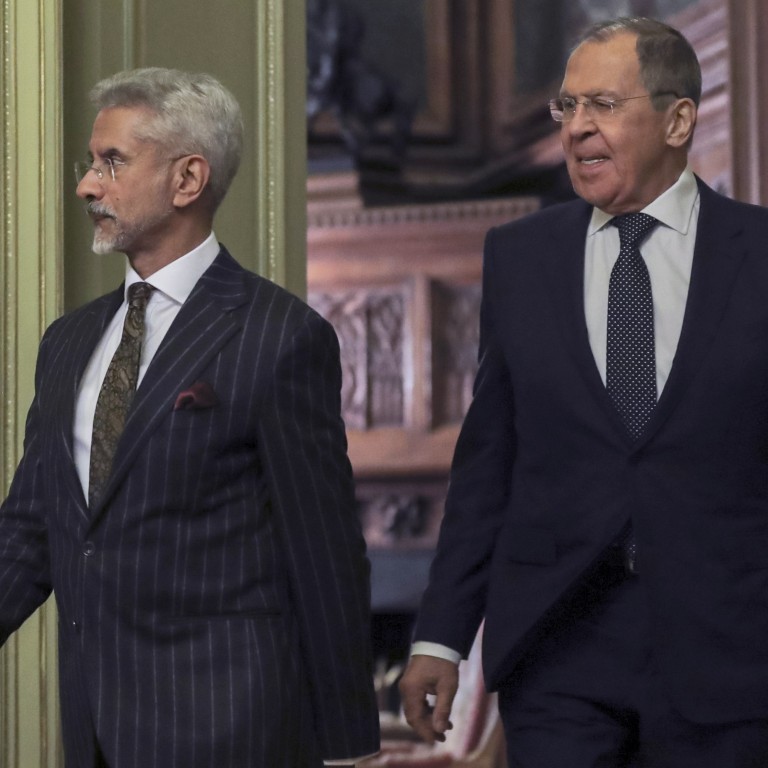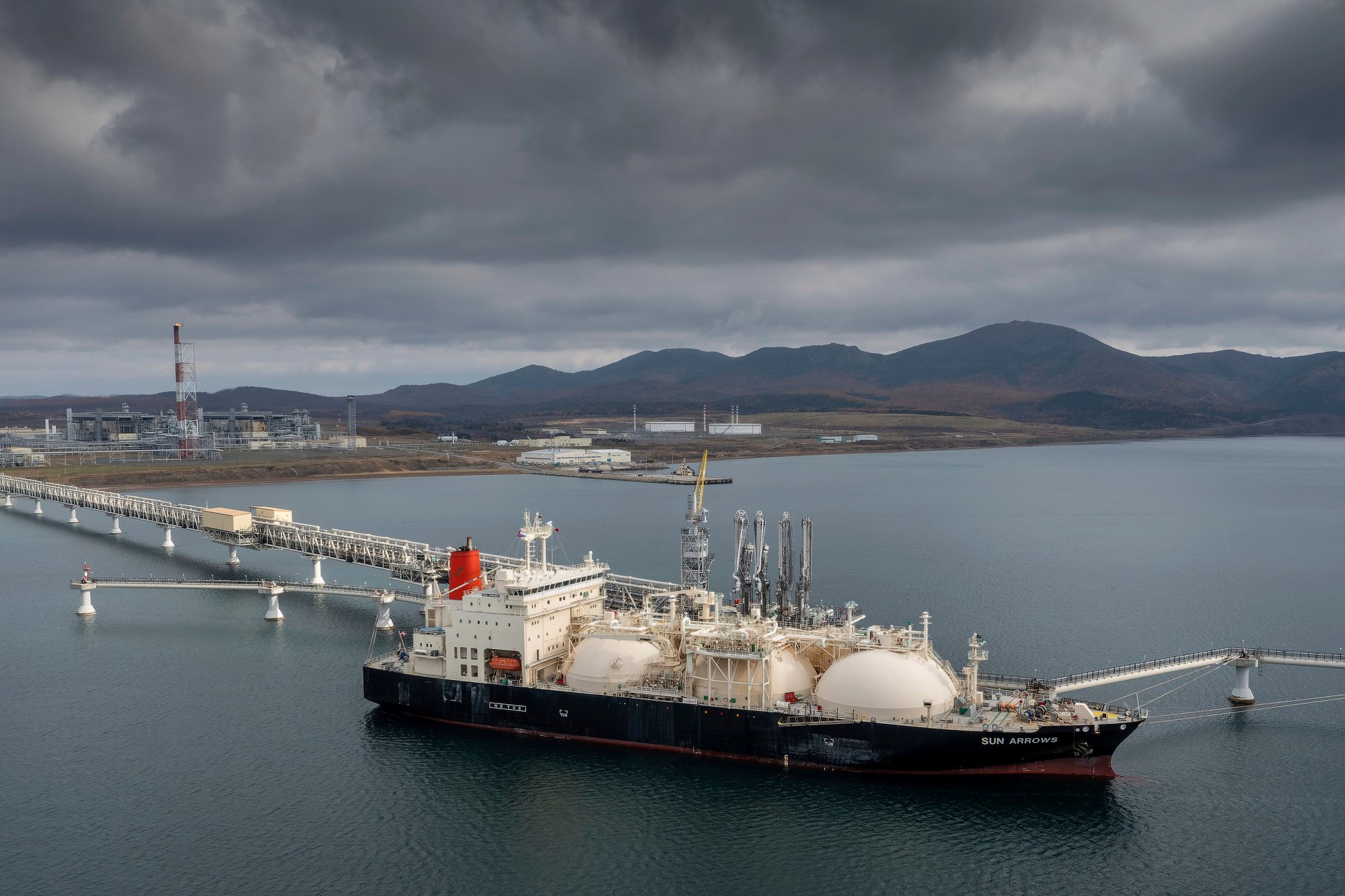
Is US running out of patience with India’s ‘own interest’ mantra over Russia?
- Oil imports from Russia to India rose from about 2 per cent before the Ukraine invasion to an all-time high of 23 per cent in September
- An analyst said India needs to balance ties with Russia to avoid Moscow moving closer to Beijing and New Delhi becoming more dependent on the US
Analysts said India’s constant reference to its “interests” stems from its desire not to challenge China and prevent its own economic destabilisation.
“The solution is to grow its economy up to a point where China will no longer feel able to threaten India,” said Rafiq Dossani, director of the US-based RAND Centre for Asia-Pacific Policy.
“That just doesn’t make sense,” he said.
“[This is] a time of great geopolitical shifts and economic stabilisation,” Gill said.
US patience wearing thin?
After the meeting between Jaishankar and Lavrov, US State Department spokesman Ned Price said “Russia is not a reliable supplier of security assistance … and in any realm”.
While some analysts suggested Washington’s patience might be wearing thin with India’s continued purchase of oil from Russia, and that India is undertaking a precarious balancing act, Dossani said the US lacks options other than to befriend India at this time.

India as mediator in the Ukraine war?
Chia from the NUS said that while India can potentially be a mediator to help boost its international standing, it isn’t the only choice.
Last month, French ambassador to India Emmanuel Lenain said the leaders of both countries were working to convince Moscow to return to the negotiating table.
“But then, Ukraine appears to be less willing to talk to Russia,” Chia said, adding that it will be some time before any country has the ability to open channels of communication between Moscow and Kyiv.
Noting that India has “no axe to grind” with any of the parties involved in the war, Gill said it was “one of the very few credible states” that could serve as mediator – though Delhi would not officially take up such a role without a formal invitation from all the parties involved.
However, Dossani from Rand said that even if India offers to mediate, “it will quickly find no takers” as a mediator has to be trusted by both sides.
“Why would Ukraine trust India unless India has the support of the US which is Ukraine’s main financial and military sponsor in the war against Russia,” Dossani said, adding that there is no evidence that the US wants India to play this role.

